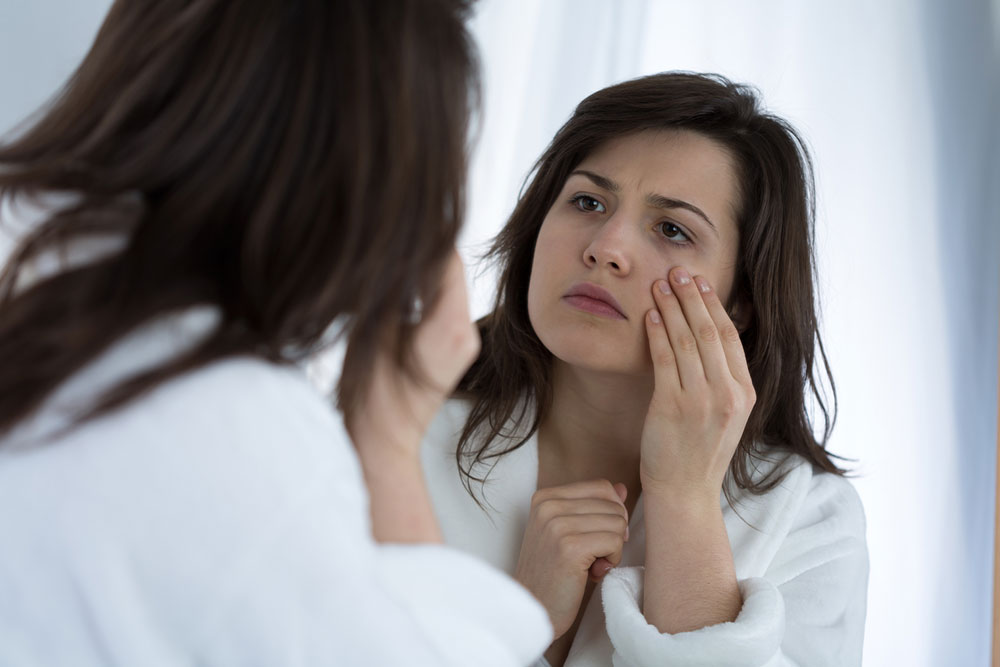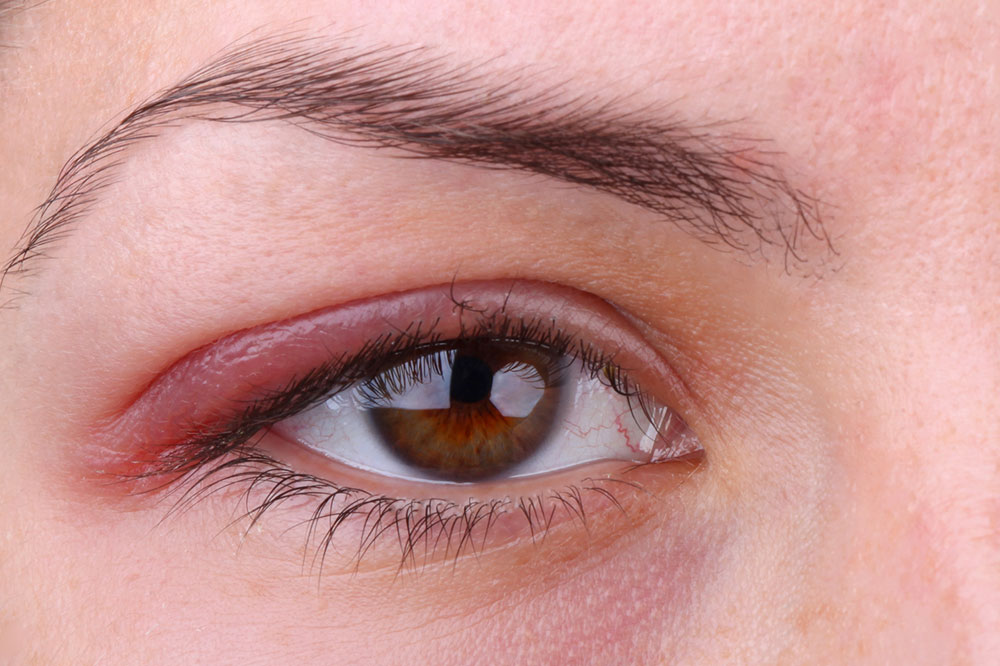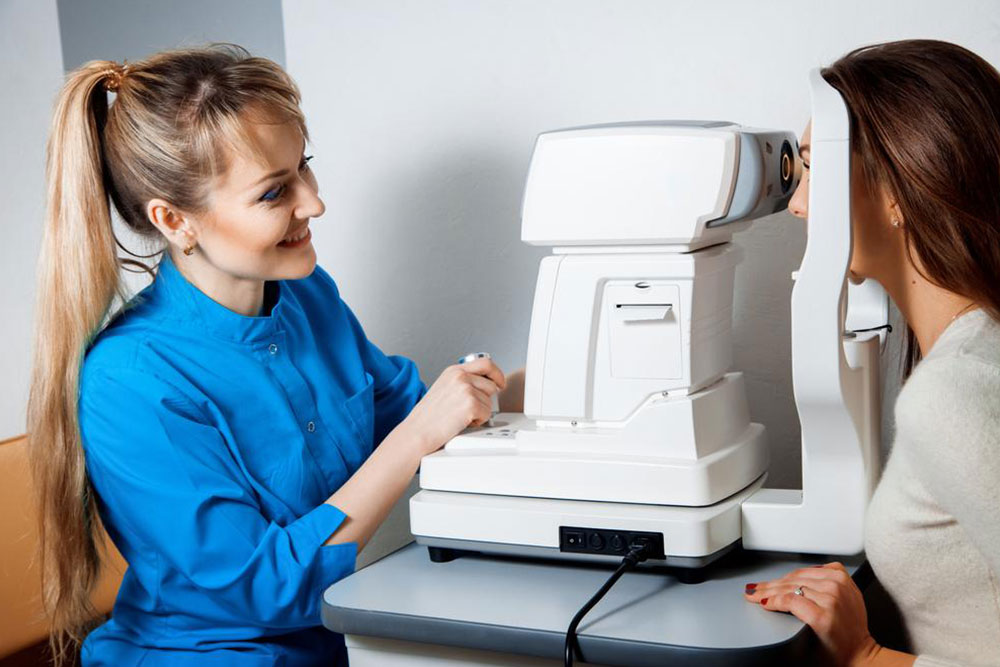Common Eye Conditions and Their Indicators
Learn about common eye conditions such as cataracts, AMD, glaucoma, and diabetic retinopathy. Recognize early signs and the importance of regular eye examinations to prevent vision loss and ensure eye health. Stay informed and proactive about your eye care.

Common Eye Conditions and Their Indicators
Many people experience eye issues at some point, often minor and temporary. Sometimes, symptoms resolve without intervention, but persistent or severe problems require professional evaluation. Here are some common eye conditions you should be aware of.
Cataracts
This age-related condition affects mostly seniors, with over 90% of those over 65 developing cataracts. It is considered a natural part of aging, although individuals with diabetes are more susceptible. Symptoms include cloudy or blurred vision, double vision, difficulty seeing at night, and sensitivity to light.
Age-related Macular Degeneration (AMD)
AMD primarily affects older adults, where deposits under the retina hinder nutrient flow to the cells. The central retina, or macula, deteriorates, impairing detailed vision. Lifestyle factors such as smoking, poor diet, and obesity contribute more to AMD than aging itself. Symptoms include blurry vision, distorted colors, and difficulty with fine details like reading.
Glaucoma
Glaucoma involves damage to the optic nerve usually caused by increased intraocular pressure. If untreated, it can lead to irreversible blindness. Early signs include blurred vision, headaches, eye pain, halos around lights, and nausea. Prompt consultation with an eye specialist is crucial upon noticing these symptoms.
Diabetic Retinopathy
This common complication of diabetes damages the retina, the vital tissue for clear vision, and is a leading cause of blindness among adults in the U.S. It affects the tiny blood vessels of the retina and may cause symptoms such as blurred or double vision, floating spots, flashes of light, blind spots, and eye discomfort. Early detection is essential to prevent vision loss.
No matter your eye condition, regular eye exams are vital for early diagnosis and prevention of severe vision impairment.










